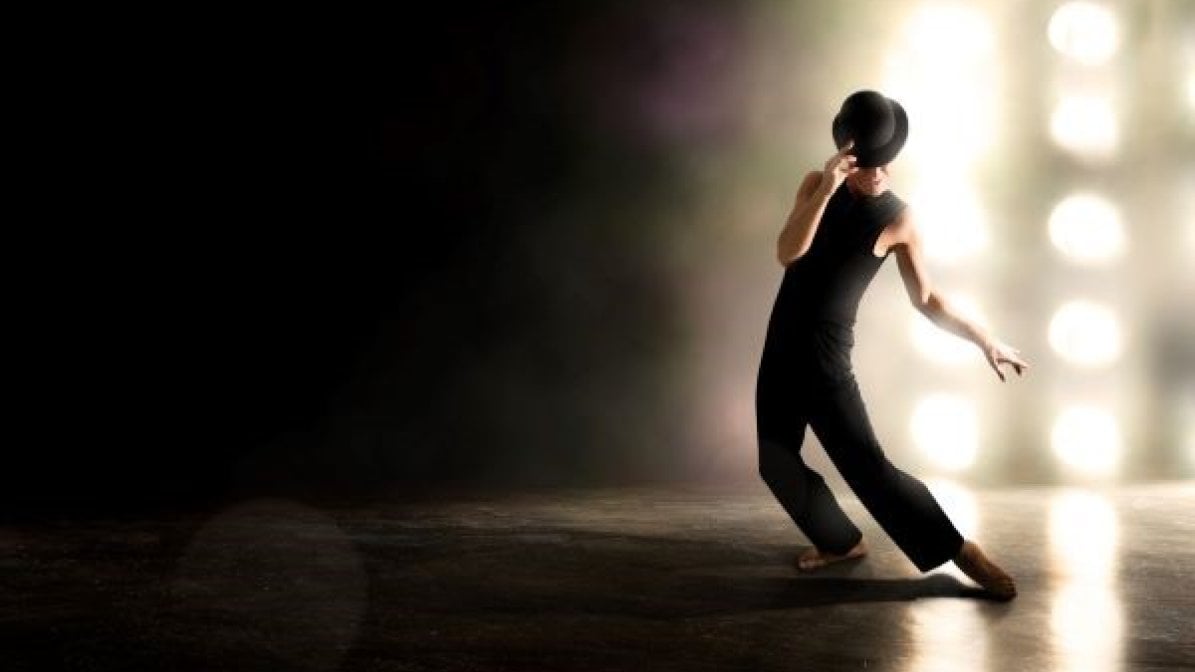
What inspires you?
Feel free to reference people you follow or shows you’ve been to that push the boundaries of what dance and choreography is.
And what do you hope to gain from working with visiting professionals during your course?
Dance admissions tutors really want to get a sense of your passion and love of dance through what you say in your personal statement. Demonstrate your enthusiasm with examples and experiences that are unique to you.
Tutors want to know about you, your practice, your inspirations, and your aspirations. Your personal statement will act as a written accompaniment to your performance at audition and interview.
As Barbie Movie Choreographer, Jennifer White, puts it: ‘Dance has been such a natural thing for me since I was a little girl that it’s taken a while to realise its impact on how I live my life and the benefits of it on my mental and physical health.’
When writing your statement, focus on explaining how and why you’re suited to studying dance and the impact you hope it will have on your future.
This is your opportunity to showcase your passion and knowledge of your chosen subject area and to demonstrate to universities, colleges, and conservatoires why it’s a good fit for you and your future ambitions.
Examples:
This is your chance to shout about the relevant or transferable skills you’ve gained from your formal education and highlight your understanding of how they will help you succeed in this subject area.
Examples:
This is your chance to talk about any other activities you have undertaken outside of your formal education, or personal experiences which further demonstrate your suitability for the course. This section is likely to be highly personal to you and anything you do include should reflect on why you’re including it.
Examples:
The key to setting yourself apart in your application is to remember how important the ‘personal’ bit is to your personal statement. What makes you, you?
What hobbies do you enjoy in your spare time, such as music, drawing, painting or ceramics? How do you relax outside of your dance studies? Maybe you love film, or you love cycling places. Maybe you can link your love of film back to a dance scene you love and what it was that appealed to you about the choreography. Or maybe you can critique how the fight scenes are choreographed in the Marvel movies.
You may also have been through a life-changing personal experience, whether an accident that affected you physically or something that impacted your mental health. How has that changed or informed your dance practice, and where do you see your dance going next?

Feel free to reference people you follow or shows you’ve been to that push the boundaries of what dance and choreography is.
And what do you hope to gain from working with visiting professionals during your course?

